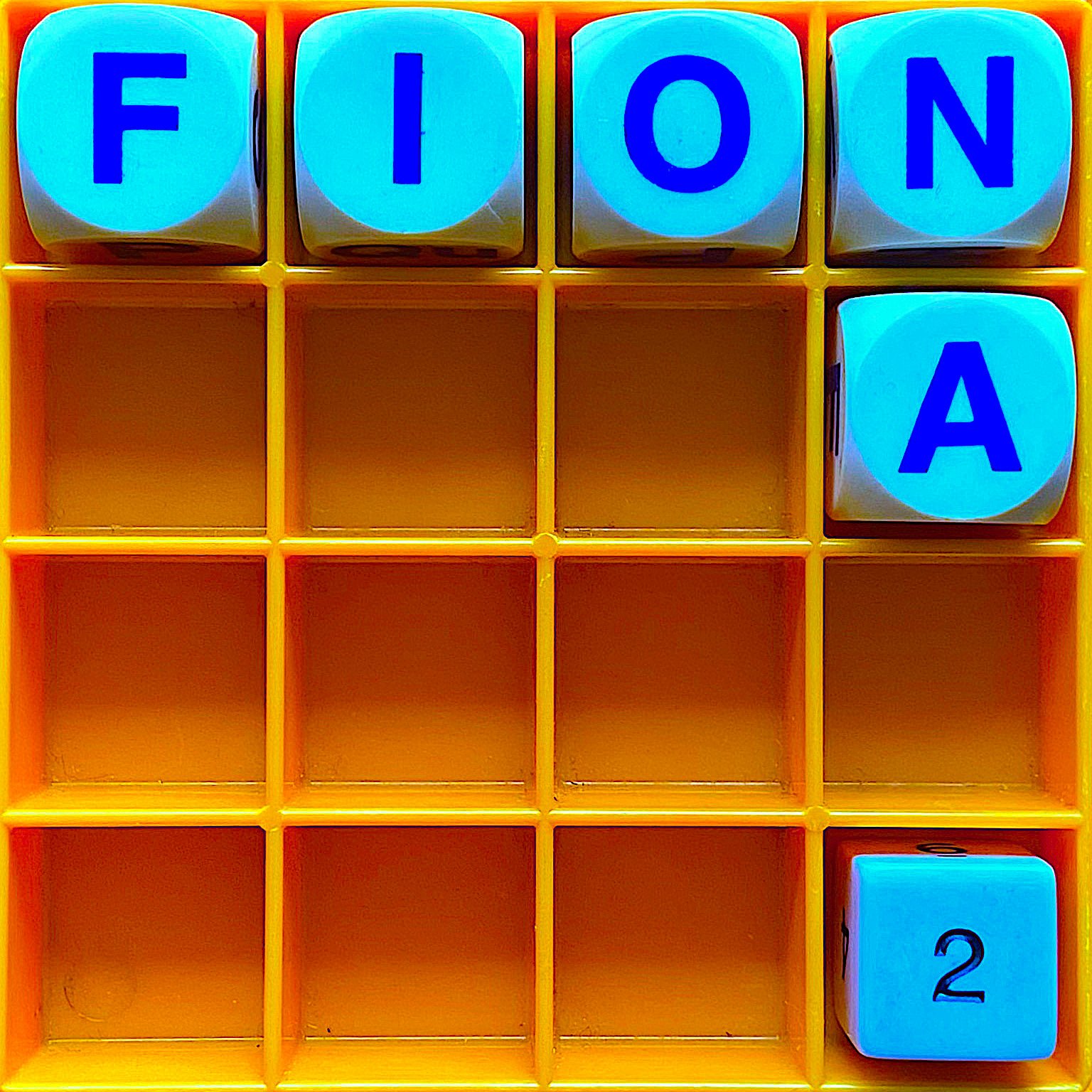“I don't think that anyone should come away from this conversation not wanting to use the name Fiona. I think this is a beautiful and rich history. It might not be quite the history that you imagined, but I think it's a beautiful history," says writer and performer Harry Josie Giles. She and PhD researcher Moll Heaton-Callaway investigate this complicated name with fascinating history, in this second of a pair of episodes about the name Fiona.
Read moreAllusionist 165. Fiona part 1
A lot of people assume that Fiona is a very old Scottish name, but the first known Scottish Fiona is from the 1890s: Fiona Macleod, the enormously popular novelist of Scotland's Celtic Revival movement. But when she suddenly stopped writing in 1905...and there turned out to be far more surprises about Fiona Macleod than the novelty of her name. Writer and performer Harry Josie Giles and PhD researcher Moll Callaway-Heaton consider the first Scottish Fiona.
This is part one of a pair of episodes about the name Fiona; part two will explore the etymology of the name and similar ones in various languages, and examine the first appearance of Fiona in literature, which comes with its own cocktail of complication.
Read moreAllusionist 98. Alter Ego
Today: three pieces about alter egos, when your name - the words by which the world knows you - is replaced by another for particular purposes.
How did John Doe come to be the name for a man, alive or dead, identity unknown or concealed in a legal matter? Strap in for a whirlwind ride into some frankly batshit centuries-old English law.
At their first bout of the 2019 season, the London Roller Girls talk about how they chose their roller derby names - or why they chose to get rid of one.
The 1930s and 40s were a golden age for detective fiction, which was also very popular and lucrative. Yet writing it was disreputable enough for authors to hide behind pseudonyms.



